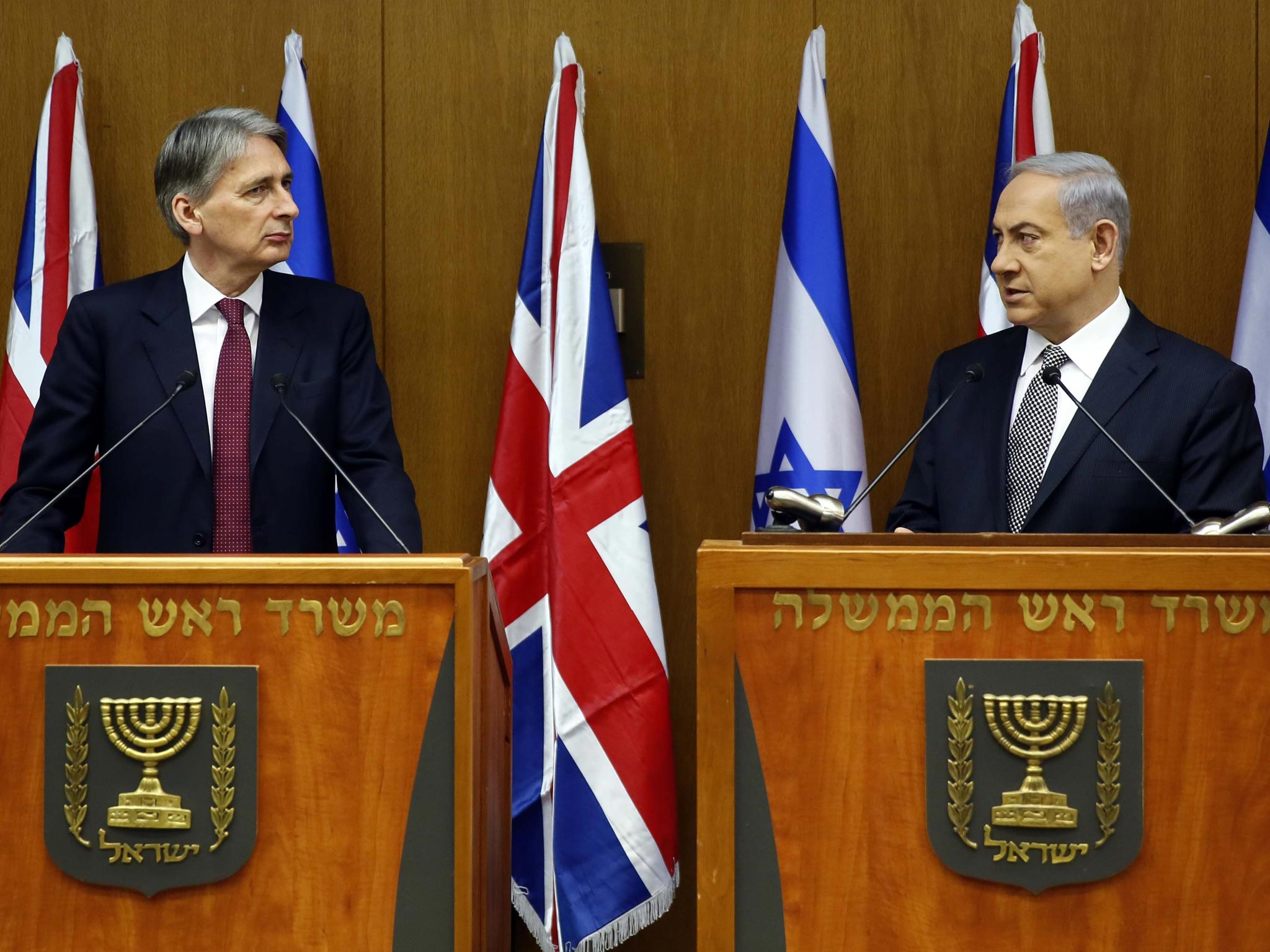Israel-Gaza conflict: Israelis pound Gaza ‘at full force’ despite demands for ceasefire
US Secretary of State, John Kerry, said the deadly incident at a UN school 'underscores the need to end the violence'

Your support helps us to tell the story
From reproductive rights to climate change to Big Tech, The Independent is on the ground when the story is developing. Whether it's investigating the financials of Elon Musk's pro-Trump PAC or producing our latest documentary, 'The A Word', which shines a light on the American women fighting for reproductive rights, we know how important it is to parse out the facts from the messaging.
At such a critical moment in US history, we need reporters on the ground. Your donation allows us to keep sending journalists to speak to both sides of the story.
The Independent is trusted by Americans across the entire political spectrum. And unlike many other quality news outlets, we choose not to lock Americans out of our reporting and analysis with paywalls. We believe quality journalism should be available to everyone, paid for by those who can afford it.
Your support makes all the difference.Diplomatic efforts by Western nations to try and ensure a ceasefire in the conflict in the Gaza Strip have intensified, as the Israeli Prime Minister, Benjamin Netanyahu, said that the country’s military ground and air offensive was continuing at “full force”.
Ministers in Mr Netanyahu’s government ruled out a ceasefire until after the army completes operations to search and destroy cross-border tunnels, which they said will take more than a few days. The Hamas leader, Khaled Meshaal, meanwhile made clear that while the Islamist group is open to a humanitarian respite in the fighting, it will not hold fire on an ongoing basis until its demands on Gaza are met.
The US Secretary of State, John Kerry, spoke to officials in Turkey, Israel, Egypt, Qatar the UAE and elsewhere to try and negotiate a ceasefire as the Foreign Secretary, Philip Hammond, met Mr Netanyahu and stressed the high civilian casualty rate from Israel’s military campaign against Hamas is eroding international support for the state.
Hamas and the Palestinian Authority passed to the US and members of the Arab League a list of conditions for a ceasefire, including lifting Egyptian and Israeli border strictures, Israel’s release of rearrested Hamas prisoners, and cancellation of no-entry zones on Gaza territory near the Israeli border, Haaretz reported.
Israel is wary of making concessions in advance to Hamas, in part because the public would see this as a defeat, while Hamas wants guarantees its grievances will be addressed.
Mr Hammond met Mr Netanyahu and his Foreign Minister, Avigdor Lieberman, to try to buttress the American effort to negotiate a ceasefire. On Wednesday night, he had conferred with the Palestinian President, Mahmoud Abbas.
“I underlined the need for all concerned to exert every effort to secure an immediate ceasefire to end the violence,” Mr Hammond said.
Mr Kerry said the deadly incident at a UN school in the town of Beit Hanoun today “underscores the need to end the violence”, and he urged “all parties to redouble their efforts to protect civilians”.
Mr Netanyahu defended the Israeli army during a joint press conference with Mr Hammond, saying “the terrorists are firing rockets from schools, mosques, hospitals and heavily civilian [areas] and we... are doing our best to minimise civilian casualties. But we cannot give our attackers immunity or impunity.’’
In an interview with Sky News, Mr Hammond implied that his message to the Israelis was to quit while they are ahead: “As civilian casualties in Gaza mount, Western opinion is becoming more and more concerned and less and less sympathetic to Israel.’’
Yitzhak Aharonovitch, the Public Security Minister, said it could take “more than a week’’ for the army to fulfil its mission in Gaza. “There is a lot of work to be done and we haven’t limited the army with a timetable.”
Asked if a ceasefire was near, Mark Regev, spokesman for Mr Netanyahu, stressed that the Islamic movement had said no to Egypt’s initial proposal for an unconditional ceasefire, which Israel had backed. “By his continued rejection, Meshaal has continued this conflict and is responsible for the civilian casualties on both sides.’’
Join our commenting forum
Join thought-provoking conversations, follow other Independent readers and see their replies
Comments